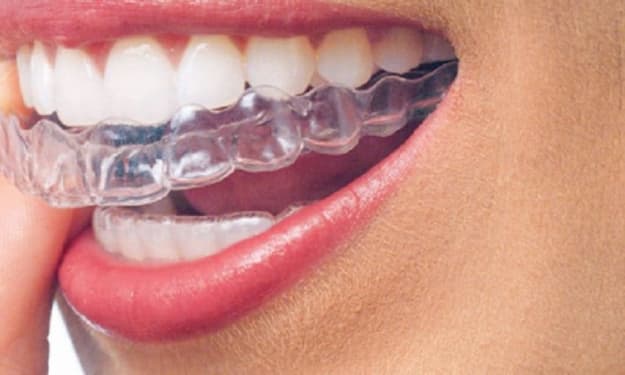How to Tell if You Have a UTI
When you have an urgent need to use the restroom, and it starts to burn when you do, you may be experiencing the early stages of a urinary tract infection (UTI).

When you have an urgent need to use the restroom, and it starts to burn when you do, you may be experiencing the early stages of a urinary tract infection (UTI).
UTIs account for roughly 10 million doctor's office visits each year, according to the National Kidney Foundation. One in every five women will get at least one UTI, also known as cystitis, during her lifetime. UTIs can occur in both men and children. But exactly what is a UTI, and why is it so common?
A urinary tract infection (UTI) affects the urinary system, which includes the urethra, bladder, ureters, and kidneys. These agonizing infections usually start at the bottom of the system or the urethra opening and progress upward until medical treatment stops the spread. The majority of UTIs are found in the urethra and bladder.
Symptoms of UTI
If you suspect you have a UTI, get medical care right away. Here are the most common symptoms:
- Frequent urination
- Pain or burning while urinating
- Achy all over
- Strong smelling urine
- Discolored urine – milky or cloudy, pink, red or brown
- Shaky, run-down, worn out
- Pain or pressure above the pubic bone
- Little or no urine output
Advanced Symptoms:
- Pain in the back or sides
- Fever
- Nausea and vomiting
Please keep in mind that you may not be experiencing all of the mentioned symptoms yet still have a UTI.
Causes of UTI
Bacteria are the most prevalent cause of a UTI. Bacteria can enter the urethral hole by contact with Escherichia (E. coli) bacteria frequently found in the colon, during sexual intercourse, or other methods.
However, germs are not the only cause of UTIs. A kidney stone or other blockage might also cause an infection. An enlarged prostate in men can exert pressure on the urethra and lead to infection.
UTIs can be caused by a flatworm that infects the urinary system. This is particularly likely if you have just traveled internationally.
UTIs can be caused by sexually transmitted infections (STIs) like herpes, gonorrhea, or chlamydia. Finally, some types of birth control may raise the chance of getting a UTI.
Diagnosis of UTI
If you have signs of a urinary tract infection, you should consult with a urology specialist right away. These infections do not resolve on their own, and homeopathic therapies are rarely effective.
Your doctor will ask you to provide a "clean catch" urine sample to determine if you have a UTI. You may be offered a sanitary wipe to clean with before being asked to provide a sample for testing. The tests, which are performed in our in-house laboratory, may establish the type of bacteria implicated, which will assist the physician in determining the appropriate treatment.
Repeated UTIs may necessitate specialized testing to discover the reason. Your doctor may consult with you about the necessity for additional tests.
Treatments for UTI
It is critical to seek treatment at a freestanding emergency clinic that can detect and treat a urinary tract infection before it worsens. Untreated UTIs can swiftly deteriorate. Treatment, on the other hand, is rather simple. Most UTIs resolve after a round of antibiotics. If a kidney stone or other blockage is present, more therapy may be required to address the underlying cause.
Untreated UTIs can cause kidney damage, and even UTIs that have progressed to the kidneys and become kidney infections, or pyelonephritis, can cause some harm. Because UTIs frequently accompany a high fever in young children, they are also more prone to kidney injury. These youngsters may have additional kidney problems and possibly excessive blood pressure later in life.
UTI Prevention
The good news is that there are various things you can do to avoid getting a urinary tract infection and possibly even derail it in its early stages. The first suggestion is to practice good hygiene. Teach yourself and your children to wipe from front to back to avoid introducing bacteria from the back.
The bidet, or European solution to hygiene, is gaining popularity. This particularly built washing toilet may give the necessary cleanliness to prevent repeated UTIs.
Hydration is essential for flushing out your urinary system and neutralizing any contaminants. Although urine is naturally sterile, the system can nonetheless be infected by various factors. So make sure you drink 64 ounces or more of water per day.
About the Creator
Amelia Grant
I am journalist, and blogger.






Comments
There are no comments for this story
Be the first to respond and start the conversation.